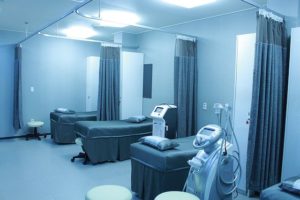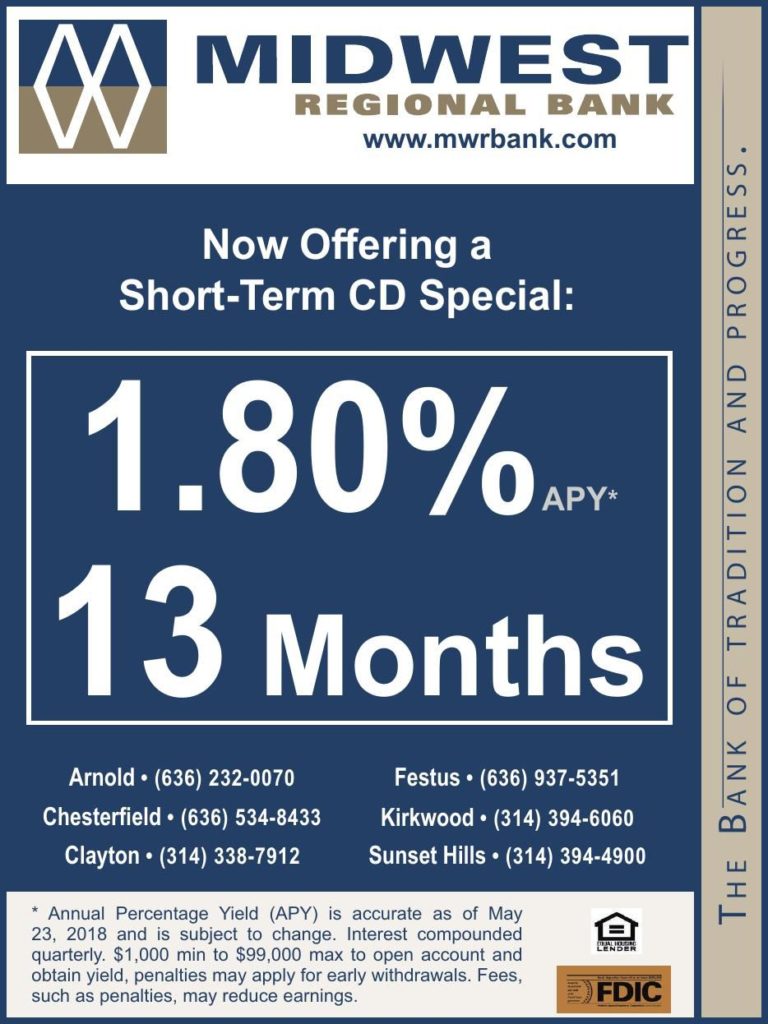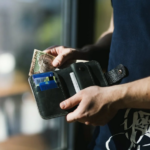Home » Savings
Category Archives: Savings
3 Reasons Why You Should Get a Health Insurance
The current COVID-19 pandemic has made the world aware that medical needs are unpredictable and can cause financial upheaval challenging to bear. With a high rate of illness without an effective vaccine, people have realized the importance of excellent health insurance. A person cannot plan and get sick, but they can be prepared for the monetary aspect. One such technique to arm oneself financially against uncertain health risks is to take out health insurance. Self-employed or any individual is advised to have health insurance for added protection.
Listed below are the significant advantages of acquiring health insurance:
Minimize Unexpected Hospital Bills
 Health insurance provides financial protection in the event of a severe injury or illness. If you don’t have insurance, you will have to pay all medical bills. If you only pay for annual checkups or a class of antibiotics, these bills may not matter much. However, if something happens to you, such as an accident or a severe illness, such as a chronic ailment, you will have to pay for all treatment and care. In addition, medical insurance covers other things like hospitalization, daycare processes, household expenses, and ambulance costs. This allows you to focus on your speedy recovery instead of worrying about these high costs.
Health insurance provides financial protection in the event of a severe injury or illness. If you don’t have insurance, you will have to pay all medical bills. If you only pay for annual checkups or a class of antibiotics, these bills may not matter much. However, if something happens to you, such as an accident or a severe illness, such as a chronic ailment, you will have to pay for all treatment and care. In addition, medical insurance covers other things like hospitalization, daycare processes, household expenses, and ambulance costs. This allows you to focus on your speedy recovery instead of worrying about these high costs.
Safeguard Your Family
When looking for the ideal health insurance policy, you can cover your entire family with the same coverage instead of buying separate policies. Think about your elderly parents, who are the most likely to get sick, as well as your dependent children. If something happens to them, you don’t have to worry about getting the best medical care if you have the right health insurance. Do your research thoroughly, talk to professionals to get an unbiased opinion, and make sure you purchase a plan that offers comprehensive coverage.
Deal with Medical Inflation
 Healthcare prices have increased dramatically in recent times. As a result, in the event of a healthcare emergency, customers have to deplete their savings, which puts a strain on their future strategies. Reports indicate that Indians rely primarily on their private savings when it comes to dealing with healthcare crises. As medical technology improves and diseases multiply, the price of treatment increases. And it is vital to see that medical expenses are not limited to hospitals. Prices for doctor’s visits, identification tests, ambulance charges, operations, drugs, room rentals, etc., are also constantly rising. By paying a relatively inexpensive health insurance premium each year, you can overcome the burden of health care inflation and, at the same time, choose quality care without worrying about what it will cost you.
Healthcare prices have increased dramatically in recent times. As a result, in the event of a healthcare emergency, customers have to deplete their savings, which puts a strain on their future strategies. Reports indicate that Indians rely primarily on their private savings when it comes to dealing with healthcare crises. As medical technology improves and diseases multiply, the price of treatment increases. And it is vital to see that medical expenses are not limited to hospitals. Prices for doctor’s visits, identification tests, ambulance charges, operations, drugs, room rentals, etc., are also constantly rising. By paying a relatively inexpensive health insurance premium each year, you can overcome the burden of health care inflation and, at the same time, choose quality care without worrying about what it will cost you.
Bottom Line
It is a mistake to think that health insurance is only for people with severe or chronic illnesses or people at high risk of developing a disease or injury. Health insurance is also for those who are healthy. Taking out health insurance when you are in the prime of your life can help you stay healthy.…
Advantages of Protecting Your Savings
Are you ready for a disaster? Having listened to the news of natural disasters in the recent months, I cannot stop thinking about the turbulence that survivors must experience. I am sure that your life should be confusing and traumatic in light of physical and financial loss. Then I started thinking about things that nobody wants to think about and how to protect their finances before disaster strikes. If the disaster is natural that affects the process of protecting your savings or a fire that destroyed a single house, the consequences for the survivors are real and go far beyond visual destruction.
Maintain a Good Plan
It is important to have a plan that protects you and your family should take a tragedy, and you will not be able to live at home or go to give some time to work. If you had only a few moments of time to leave your home and could not go back for days or even weeks, what would you do and how would you use to access cash, banking information, identification or important information? These are just some tips on how to prepare for a disaster before it is too late.
Think About What Might Happen
Determine the most likely hazards and plan accordingly. For example, do you live in a community susceptible to tornadoes, hurricanes, or forest fires? Preparation for any type of disaster may vary, but there are some things everyone should do. Talk to your local emergency management office for tips and recommendations on how to prepare for a disaster.
Check Your Landlord’s or Tenant’s Coverage and Car Insurance
Regularly check your landlord’s or tenant’s coverage and car insurance. What does your policy really cover? Most policies for homeowners do not cover floods or seismic damage. If you live in an area that is vulnerable to these disasters, you may want to buy a separate policy for this coverage. The goal is to have sufficient coverage to repair the damage to your home, your cars, and other valuable assets and to you and your family when necessary to provide temporary housing.

Records of Your Personal Property
Keep records of your personal property and include the estimated value. Many insurance agents encourage their clients to take regular video images of their home and store it outside the home if they have to file a lawsuit.
Register for Direct Deposit if Your Company Offers It
By sending your funds directly to your bank, you can make sure you can quickly access these funds when you need them. Direct deposit also avoids the risk of loss, delay or theft of checks. Consider setting up your computer or smartphone access to your bank accounts so you can manage your accounts online from anywhere without writing checks.
Have an Emergency Savings Fund
 The disaster can affect your ability to work or your income over a period of time. Therefore, a savings account can help you during a difficult economic period without having to borrow or borrow money from your family. Experts suggest that you should have 3 to 5 months in your savings for emergencies. And remember, your money is safer in your FDIC or NCUA insured institution than if it’s hidden under your mattress.
The disaster can affect your ability to work or your income over a period of time. Therefore, a savings account can help you during a difficult economic period without having to borrow or borrow money from your family. Experts suggest that you should have 3 to 5 months in your savings for emergencies. And remember, your money is safer in your FDIC or NCUA insured institution than if it’s hidden under your mattress.
- Back up important information. Scan, for example, your license, your social security card, your credit cards or your home inventory and store the copies in a safe place, for example.
- Know where all the important information is stored and store it in your home. If you need to evacuate quickly, you can go to a place and get quick access. Being organized is essential.







